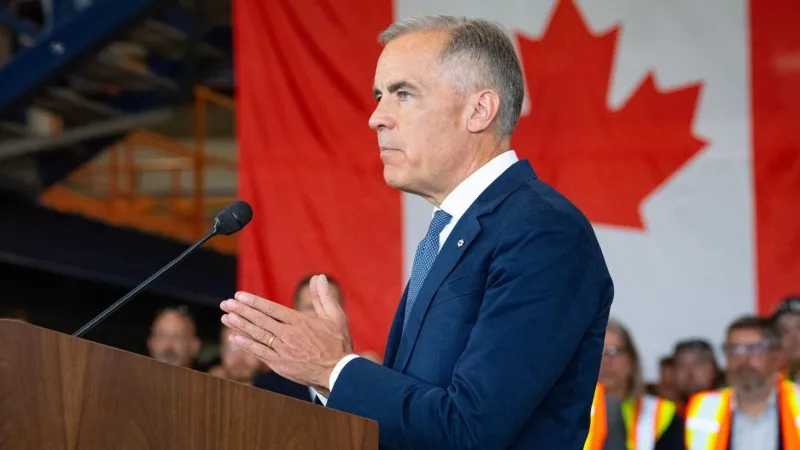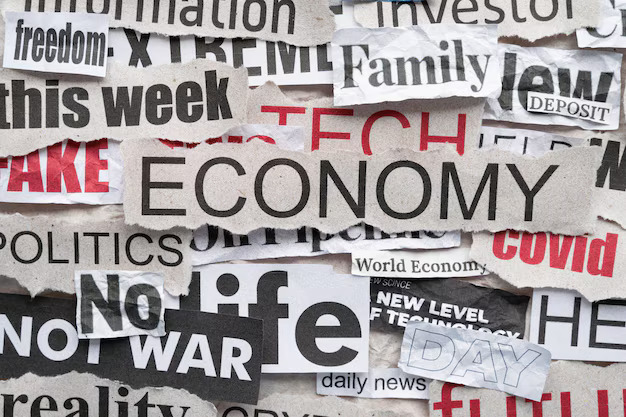
Carney’s Stand on U.S. Tariffs: A Defining Moment for Canada’s Economic Sovereignty
In a bold and timely assertion, Mark Carney—former Governor of both the Bank of Canada and the Bank of England—has declared that Canada will not settle for a "bad deal" when it comes to negotiations over U.S. tariffs. His remarks, coming at a crucial juncture in North American trade relations, reflect a broader sentiment in Canadian policymaking circles: Canada is no longer willing to play the role of a passive partner in cross-border economic deals.
Carney’s statement is not just a soundbite—it is a signal. A signal that Canada is ready to assert its economic independence and demand fair terms in its dealings with its southern neighbor. This marks a sharp departure from the more conciliatory tone adopted during past disputes, notably during the NAFTA renegotiation
The Legacy of Unequal Deals
Historically, Canada has often been caught in the economic wake of U.S. policies. Whether it was the imposition of tariffs on Canadian steel and aluminum during the Trump era or the softwood lumber disputes that have lingered for decades, Ottawa has had to navigate a turbulent and often one-sided trade dynamic.
“Canada will not sacrifice strategic industries or jobs to maintain access to the U.S. market at any cost.” — Mark Carney
Canada's economic relationship with the United States will always be vital. But it must also be just. Mark Carney's assertion that Canada won’t accept a bad deal is more than a negotiation tactic—it is a national statement of intent. As the world watches how Canada responds, one thing is clear: the era of quiet concessions may be coming to an end.

.jpg)




💬 Comments
No comments yet. Be the first to comment!